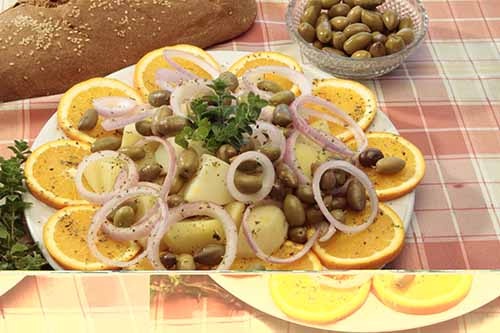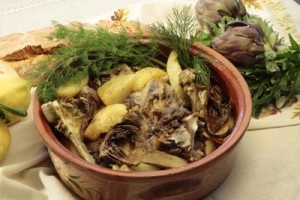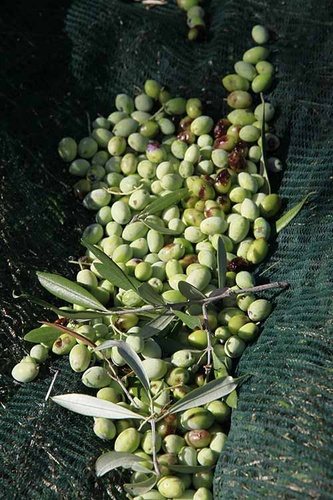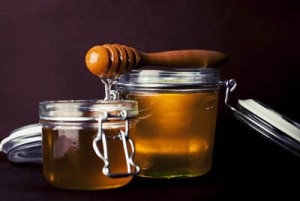Smells and Tastes of Mani
Route description
The flavours of the cuisine of Mani follow you at your every step: from the narrow, cobbled streets of Areopolis to the taverns on the waterfront of Gytheio and from Gerolimenas to Kotronas. In the picturesque coastal villages, try fresh seafood and traditional pies with greens and fine meats, cooked with love and sprinkled with fluffy sea salt from the sea. When you leave, you will take with you the memory of a unique culinary experience and several supplies (oil, honey, honey nougat, nuts, smoked ham, olives, herbs and tea) to accompany you until your next visit to the blessed land of Mani.
Information for visitors
Mani is a barren and rugged place, with a wild beauty that captivates the visitor all year round. It is distinguished for its history, its legends and its traditions handed down from generation to generation.
A special part of this tradition is the unique local gastronomy and products. Honey, olive oil, syglino, the local smoked pork well known throughout Greece, lupins, rusks, lalangites, pitaria, pies with herbs and spices from Mani and honey nougat are still made in the traditional way. So is the extremely beneficial and tasty local sea salt gathered at the hollows of the rocks.
Recreation Information
Choices are many in the peninsula of Mani: beaches and secluded coves that offer moments of calm and relaxation attract large numbers of visitors, restaurants and taverns where you can try local dishes and plenty of opportunities for recreation at the events of the festivals and village feasts on the days saints are celebrated. Follow the map and your instinct. And if you do not see it all, do not get disappointed. Mani will be waiting for you to generously offer you its beauty every year.
Point of Interest A
Syglino … the smoked pork
Indispensable at every household in Mani, smoked pork, used to be prepared ceremoniously by the male members of the family on the days before Christmas. The meat was cut into strips, hung in the fireplace where it was smoked with various herbs (sage, thyme, kerakia, cypress, mastic) and then was salted, was put in large clay pots and was covered with olive oil or fat. The same procedure exactly is followed today. You can try recipes based on pork everywhere in Mani. Smoked pork as well as other local products can be bought from local artisans.
Point of interest B
Extra Virgin Olive Oil
Oil from the blessed olive trees found on small plateaus and artificial terraces on the outskirts of villages is a key ingredient of the cuisine of Mani. Lalangites and pancakes are fried in fresh olive oil for Christmas and Epiphany. Olive oil is still used today for the preservation of foods and especially of syglino. In the past, people used to preserve the quails they hunted in the passages of Tainaro and Porto Kayo in salt and olive oil.
Landmark C
Honey
Another product Mani is famous for is its honey that encloses all the aromas of the flowers of the countryside. You can buy it either at the shops in Gytheio and Areopolis or directly from local producers in the various villages. Honey is a basic ingredient of pasteli, a pastry the nutritional value of which has been known since the time of Homer. It is a combination of honey and sesame, still produced by local traditional artisans in the old way.
Point of Interest D
Lupins and pies
If you happen to be in Mani during a celebration, try lahanopites (pies with greens) pitaria (small pies) as well as lalagia (pancakes). Lahanopites are prepared with the fried greens that are abundant in the area. Crisp and crunchy pitaria are accompanied by cheese made from the flocks of the region. And finally, lupins are a special dining proposal, a fruit of the land of Mani that has nourished its inhabitants through the centuries. In Mani, the story of lupins starts like this … “first they put them to soak in sea water to take away bitterness and then they put them to soak in fresh water to take away salt”.


